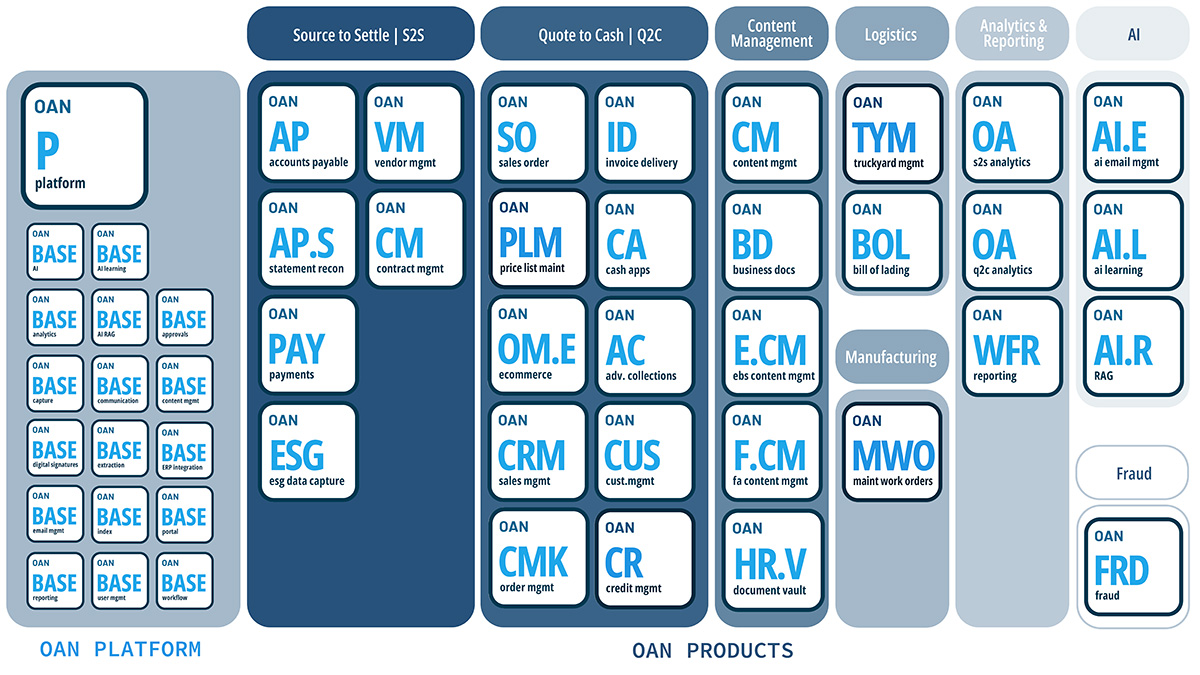Accounts payable or AP department is the one that handles all the transactions to vendors and other businesses. To be more specific, accounts payable is the portion of the finance department responsible for transactions of received goods and services. Therefore, all the due payments can be seen on the incoming side of your balance sheet. The AP department mainly works on handling payments, and hence, a reliable payment method is necessary.

Companies that are still stuck using conventional methods are losing a lot of money. They are so bad in terms of cost-effectiveness and efficiency that we’ll not even mention them. Digital payment methods are the ones carrying the industry right now. Many companies are moving towards automation, i.e., digital means, which means payment methods need to catch up to them. Before moving to the best digital paying method, virtual cards, let us first understand different methods in the industry.
Digital payment methods
Many payment options are out there, so much so that choosing one might feel overwhelming. If you haven’t done much research on the topic, you’ll be confused. Don’t worry; we’ll be covering the most used payment methods in brief:
ACH
ACH stands for Automated Clearing House and is one of the most common B2B payment methods. Most companies choose payment methods based on their ease of use and cost-effectiveness. This method ticks out both of these features. However, it does have some disadvantages. For example, ACH payment goes through between 3 to 5 days after issuing the payment. So, if you want your payment method to issue payments instantly or at least on the same day, you might refrain from using this option.
Wire transfers
Wire transfers come in second place when it comes to popularity. The central selling point of this method is that it promotes the recent trend in the work environment, i.e., remote working. As many companies have adopted remote working, switching or adopting wire transfers was a no-brainer. However, this method does come with a lot of sensitiveness to fraud. If your network is not very secure, which is generally the case when you access payment portals from home, you are more vulnerable to hackers.
Purchase cards
Purchasing cards, also known as company cards, allow trusted authorities to pay for goods and services without using conventional methods digitally. Generally, this card is issued to authorized employees who are given specific guidelines on using them. In addition, companies can put certain limitations on the card to further ensure security. This seems reasonable, but this method is the least secure of all the other options. In addition, it is susceptible to crimes like credit card fraud and identity theft.
Apart from these options, another option is taking the industry by storm. This method has overcome most of the disadvantages that other processes had and is quickly becoming the industry standard. The way we are talking about it is, of course, Virtual cards.
What are virtual cards, and why are they so good?
A virtual card is a credit card that is only present virtually. The card is essentially a 16-digit card number that can only be used once. They work exactly like how credit cards work and can be used to pay your vendors. There are many advantages that virtual cards provide, and reading about these will be enough to switch to virtual cards as your main payment method:
Rebates
You can earn monthly rebates if you use virtual cards. The ability to create new revenue streams is why most companies are switching to virtual cards. If you are a company and you had to choose between a department that consistently operates at a loss and a department earning money for your company, the choice is obvious. Many virtual cards can generate up to 1% cashback on AP spend. On top of that, it is an immediate return on investment on all the transactions done via v-card.
Streamlines AP processes
Streamlining your accounts payable processes is a big part of AP automation. AP automation is the removal of manual processes, which causes less human error and makes everything more efficient. For example, suppose you are using something like paper checks. In that case, intermediate methods like writing checks, stuffing bills in envelopes, and then metering those envelopes are negated, saving a lot of time and effort.
Increased security
As everything is getting digitized, more and more threats regarding fraud are being made to companies. Virtual cards are much more secure against these kinds of attacks. First of all, the ID of a virtual card can only be used once, i.e., a 16-digit number is tough to pinpoint as it can have more than 2 trillion combinations. On top of that, they are made with heightened security standards so that your payment goes through without any disturbances.
Conclusion
All the advantages mentioned above have attracted organizations to use virtual cards. Studies suggest that more than half of the vendors are happy to receive a secure and fast payment. Moreover, 30% of the companies have already switched to virtual cards, and more are adapting.

